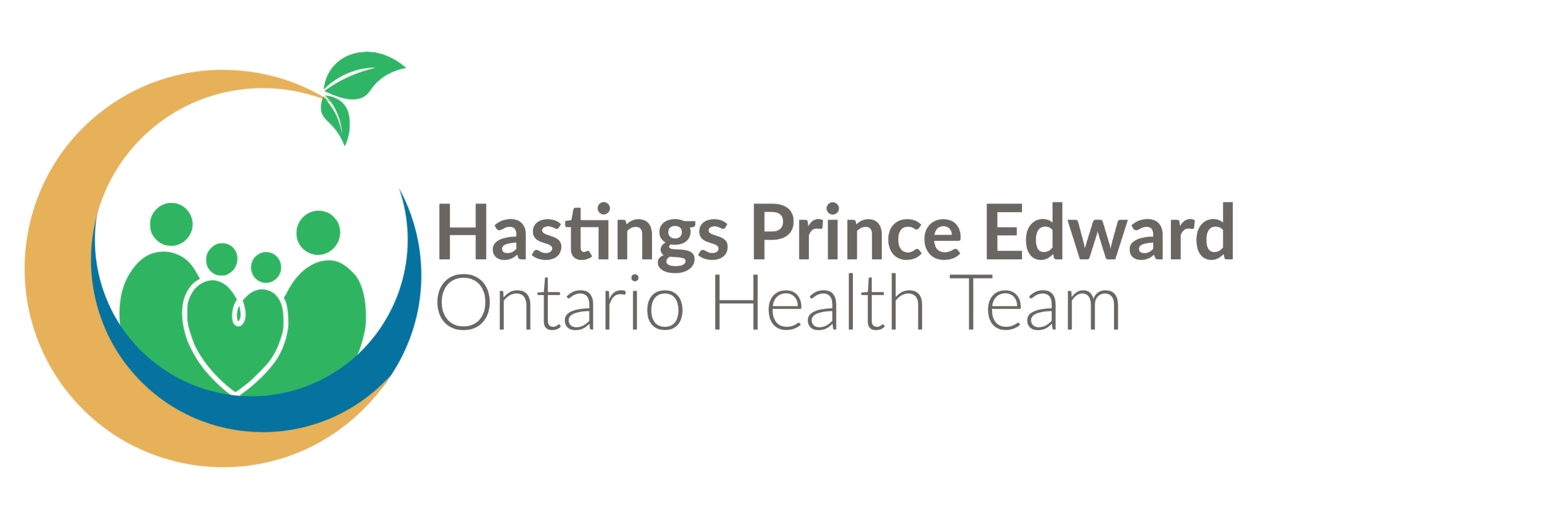Home »
Health Equity
HPE OHT’s Vision for Health Equity
Hastings Prince Edward Ontario Health Team will provide a connected care system that promotes equitable health, community, and social services. We are committed to addressing differences in access to care, care experiences, and health outcomes among our residents.
Identifying and addressing barriers
Health Equity is the absence of unfair, avoidable, or solvable health differences among groups of people. Achieving health equity requires that we identify and address barriers to accessing healthcare opportunities that would enable people to achieve optimal health and wellbeing. Our “Through an Equity Lens” checklist can help healthcare providers do that. We should also consider the ways in which people’s identities and circumstances may combine to create unique experiences of discrimination that result in greater health inequities. This is called “intersectionality”.
The Social Determinants of Health
People’s health and wellness are affected by their access to the “social determinants of health”. These include food, housing, education, and access to healthcare, when and where they need it. People who have less access to the social determinants of health live shorter than expected lives and are more likely to have preventable health conditions. Health and wellness are improved when people are offered accessible programs and services that provide culturally safe, trauma-informed, inclusive care. Health and wellness are diminished when people experience discrimination, are stigmatized, or feel unsafe.
The difference between ‘equality’ and ‘equity’
Equal access to programs and services would mean that everyone, regardless of their circumstances, would receive the same resources. Equitable access to programs and services ensures fairness and justice by providing more resources, or more suitable resources, depending on people’s needs.
View our full Health Equity Strategy (Pdf).
Health Equity, Inclusion, Diversity, and Anti-Racism Education & Training
The Hastings and Prince Edward Ontario Health Team (HPE OHT) is committed to working collaboratively to remove barriers to equitable health and care services so that everyone in our communities has the same opportunity to reach optimal health.
The HPE OHT Health Equity Working Group recommends the learning modules below as a starting place for understanding health equity and the social determinants of health. In addition, education related to equity-deserving populations who experience health disparities due to preventable factors is identified.
Many additional educational resources are available, particularly in the on-line space, and are worth exploring. You are encouraged to design an ongoing learning plan on these topics. The more we understand about health inequities, and the more we engage with communities who experience the negative impacts of health inequities, the more we can actively and compassionately co-design new ways to support our communities so that all people in HPE have the same opportunities for the best possible health outcomes.
Watch this space for new recommendations to increase health equity competencies.
Please note: an asterisk (*) indicates training with associated costs
Health Equity:
National Collaborating Centre for Determinants of Health and Public Health Ontario. Health Equity: Introduction to Health Equity Online Course
Approximately 45-60 minutes with course certificate for completing all online modules and evaluations. Incorporates a mix of components and formats to suit different learning styles. Available in English and French.
(Note: While this course is intended for Public Health professionals, the core concepts are appropriate learning for those in all work settings and sectors)
Poverty:
Bridges Out of Poverty*
One-day virtual or in-person workshop in Kingston hosted by Kingston Community Health Centres. Designed to help participants develop a better understanding of the class barriers and hidden rules that people living in poverty face. Participants can go on to use this new framework to develop programs and strategies that improve relationships at the front-line level, improve outcomes at the organizational level and improve systems at the community level.
Anti-Black Racism:
TAHSN Introduction to Anti-Black Racism e-Learning Module
Approximately 30 minutes. This module offers an introduction to the historical roots and ongoing legacy of Anti-Black Racism in Canada, insight into the forms that Anti-Black Racism can take in people’s lives, and opportunities for reflection and/or discussion on how to address Anti-Black Racism in work and personal life.
Gender Diversity:
Rainbow Health Ontario*
2SLGBTQ Foundations recommended as a starting point – approximately 3.5 hours. Other modules available. Online/in-person training available. Some courses geared to clinical/medical staff – (CME/MainPro+ credits available)
Trans Care BC – Intro to Gender Diversity
Approximately 30-45 minutes. This course is intended to offer basic information for staff working directly or indirectly with gender diverse clients within health care, mental health, and social work services.
Indigenous Cultural Awareness:
Ontario Health E-Learning Modules offered via Cancer Care Ontario
A series of 13 online courses to help individuals working with First Nations, Inuit, Métis and urban Indigenous people. The courses support a call to action made in the 2015 Truth and Reconciliation Commission of Canada report. Certified by the College of Family Physicians of Canada for up to 19.5 Mainpro+ credits.
San’Yas Anti-Racism Indigenous Cultural Safety Training Program*
Approximately 6-8 hours. Online and interactive. Facilitated and self-paced. The curriculum and learning activities have been designed to help participants strengthen their knowledge, awareness, and skills for working with and providing service to Indigenous people and communities and to begin considering their role in correcting, rebuilding and transforming systems to uproot Indigenous-specific racism. Attendance at this program entitles certified Canadian College of Health Leaders members (CHE / Fellow) to 5 Category II credits towards their maintenance of certification requirement.
French Language and Cultural Sensitivity:
Ontario Health West French Language Cultural Sensitivity Training
Approximately 6-hour learning program including an introduction and three modules with certificate upon completion. Each module will contain written and interactive material such as case studies, quizzes, videos, reflection boxes and evaluations. Attendance at this program entitles certified Canadian College of Health Leaders members (CHE / Fellow) to 20 Category II credits towards their maintenance of certification requirement.
The Active Offer of French Language Health Services: Why it matters and How to Put It Into Practice
Approximately 3 to 5-hour online training on the active offer of French language health care services. This training was developed by the Réseau du mieux-être francophone du Nord de l’Ontario (Réseau). Available in English and French. Promoted by the Winning Strategies.
*Please notify us if you have encountered a broken link at myfeedback@hpeoht.ca
Truth and Reconciliation
The Truth and Reconciliation Commission of Canada states that without truth, justice is not served, healing cannot happen, and there can be no genuine reconciliation between Indigenous and non-Indigenous peoples. It is with this in mind that Hastings Prince Edward OHT acknowledges harmful aspects of the health care system’s history with Indigenous peoples as a first step on the path of reconciliation.
The partnership of agencies that comprise the Hastings Prince Edward OHT:
- Stand for Truth and Reconciliation
- Acknowledge that Indigenous people have suffered under colonial and postcolonial policies
- Work to implement wholistic care, and recognize and address health inequities
- Call for an end to the systemic inequities faced by Indigenous Communities
- Call upon the government to work on the Truth and Reconciliation Commission of Canada: Calls to Action
- Adopt the five principles of reconciliation defined by the Truth and Reconciliation Commission as we actively engage in the process of establishing and maintaining respectful relations with Indigenous people, groups and agencies in Hastings Prince Edward. These principles are:
- political will
- joint leadership
- trust building
- accountability, and
- transparency
View our full HPE OHT Truth and Reconciliation Statement (Pdf) .

Land Acknowledgement
HPE OHT delivers supports and services on lands that are the traditional territory of many nations, including the Huron-Wendat, Anishinaabe, Algonquin and the Haudenosaunee peoples. It is also directly adjacent to the Kenhte:ke – the Tyendinaga Nation. These territories are governed by the Dish with One Spoon wampum agreement. We share a responsibility to acknowledge and respect the culture and history of Indigenous peoples, who have inhabited and nurtured these lands for generations. We commit to centering our work of overall health and wellbeing for all residents, with particular consideration for Indigenous peoples and all equity-deserving populations in Hastings and Prince Edward Counties.


